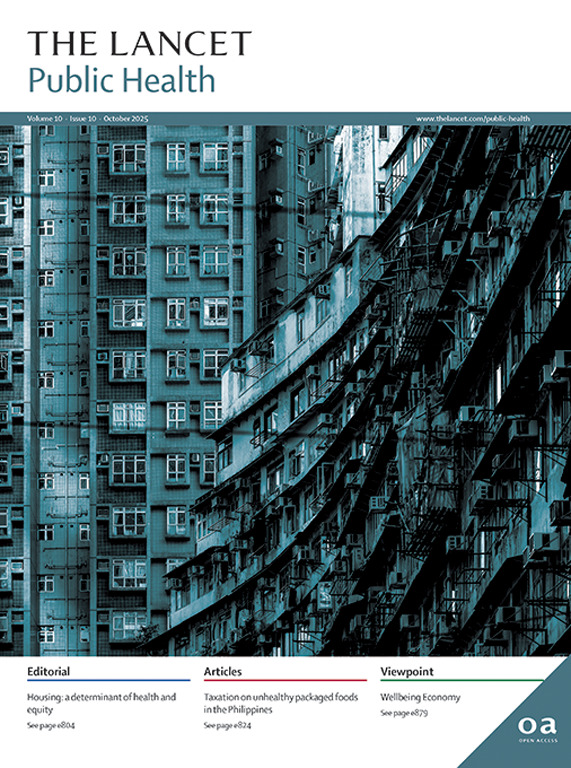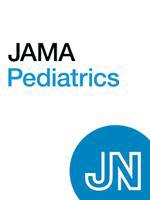
Dr. Scott I. Donaldson
Assistant Professor of General Internal Medicine
Rutgers Robert Wood Johnson Medical School
About Me
Dr. Donaldson is an Assistant Professor of General Internal Medicine at the Rutgers Robert Wood Johnson Medical School and core faculty at the Rutgers Institute for Nicotine & Tobacco Studies. He also holds a secondary faculty appointment at the University of Connecticut in Research Methods, Measurement, and Evaluation.
Dr. Donaldson’s work bridges evaluation, measurement, and health & well-being to advance research and practice. He develops and validates psychometric instruments, conducts meta-analyses, and applies rigorous methodologies to analyze digital data sources. His evaluation portfolio includes multi-year grants with the California Department of Public Health (CDPH) and the National Institutes of Health (NIH), focused on digital tobacco marketing surveillance and the impact of online exposures on adolescent risk behaviors. He is also a co-developer of the PERMA+4 framework and leads research focused on the development, validation, and application of well-being measurement tools across workplace contexts.
Dr. Donaldson’s research has been published in leading biomedical journals, including JAMA Pediatrics, JAMA Network Open, and The Lancet Public Health, and featured by news and policy outlets, such as the World Health Organization, U.S. News & World Report, and the Federal Trade Commission.
Interests
- Evaluation
- Measurement
- Health
- Well-being
- Social media
Education
🎓 Postdoctoral Scholar in Evaluation, Statistics, and Measurement, 2021
University of California, San Diego
🎓 PhD in Evaluation and Applied Research Methods, 2020
Claremont Graduate University
🎓 MS in Applied Psychology, 2015
University of Southern California
🎓 BA in Psychology, 2014
University of California, Los Angeles
Featured Scholarship

Association Between Exposure to Digital Alcohol Marketing and Alcohol Use: A Systematic Review and Meta-analysis
November 2025
July 11, 2022
Select Media Coverage
January 28, 2026





